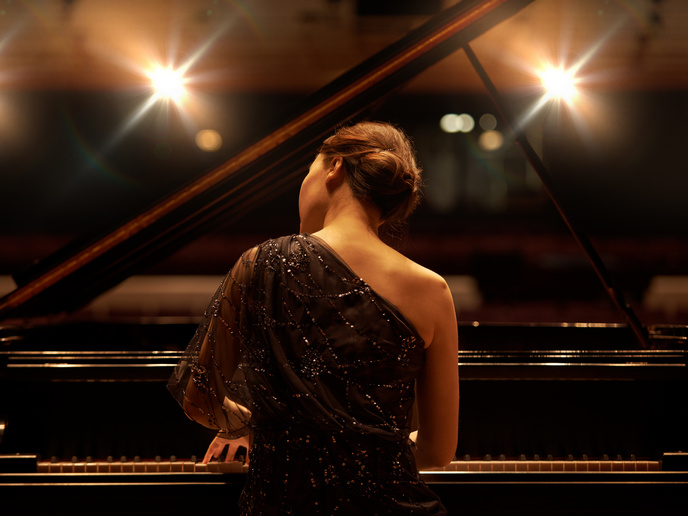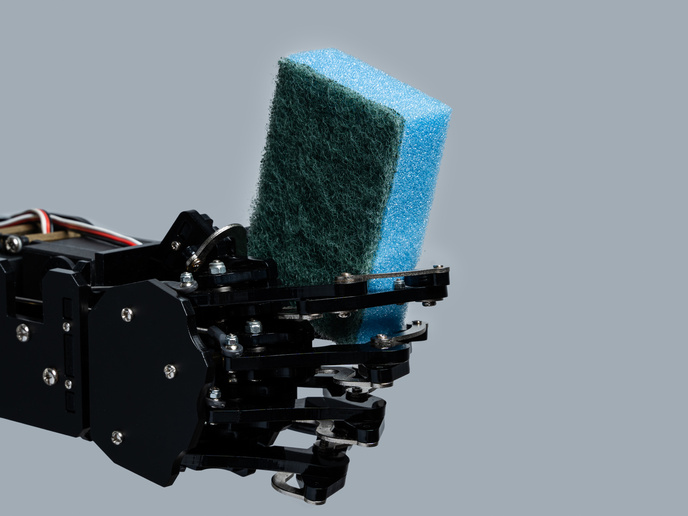Seeing widowhood as a source of musical creativity
Too often associated with a period of mourning, widowhood can also serve as a powerful catalyst for personal and artistic renewal. For proof, look no further than the experiences of Clara Schumann, Amy Beach and Carrie Jacobs-Bond – three 19th-century musicians who leveraged their widowhood as a source of creativity. However, the impact of widowhood on women’s agency and creativity has long been overlooked or mentioned only tangentially in music studies. But the EU-funded REWID project intends to change that. “REWID shifts the discourse of widowhood from a loss of a spouse to a source of musical creativity,” says project coordinator Joe Davies. “Our work also advances the larger mission of understanding music not only as a corpus of works, but as something shaped by a nexus of feelings, memories and personal relationships.” By studying the writings and musical activities of widowed women from a range of backgrounds, researchers looked to reconstruct their individual and shared experiences across global contexts. “We aimed to introduce new ways of thinking about the sociocultural history of widowhood and to bring this into conversations about music, gender studies and the history of emotions,” explains Davies.
The Women in Global Music Network
As part of REWID, Davies founded the Women in Global Music Network. The organisation brings together a global contingent of scholars and practitioners to pioneer women’s musical creativity through interdisciplinary discussions, concert culture and public advocacy. Together, the two organised a four-day hybrid conference entitled ‘Women at the Piano 1848–1970’. This conference – the first of its kind to devote global attention to women’s work at the piano – brought REWID into dialogue with the international community through a rich array of presentations and performances, divided across 27 sessions, with over 100 delegates from around the world. “It enabled a much-needed reassessment of professional women pianists vis-à-vis the backdrop of socio-political, cultural and technological change from the 1848 revolutions through two World Wars, to the decline of imperialism and the rise of second-wave feminism,” adds Davies.
Enhanced approaches to women in music
Thanks to initiatives such as this, REWID, which received support from the Marie Skłodowska-Curie Actions programme, has helped bring the topic of widowhood into a more central place in discussions about musical creativity. “Across teaching, research and dissemination, REWID has enhanced approaches to women in music and exposed what is lost when they are excluded from academic study and concert life or relegated to its margins,” concludes Davies. The project also created new opportunities for scholars and practitioners, including for Davies. Based on the project’s research, he developed two new courses at the University of California, Irvine and was a guest lecturer at Maynooth University. He also joined the supervisory committees of several PhD projects and participated in numerous professional-development workshops, among them the ‘Careers Forum’ at the 2024 Annual Postgraduate Conference of the Society for Musicology in Ireland. Davies is currently working on several publications stemming from the project and co-editing two volumes of essays on global approaches to women pianists.
Keywords
REWID, widowhood, musicians, music, women, Women in Global Music Network







